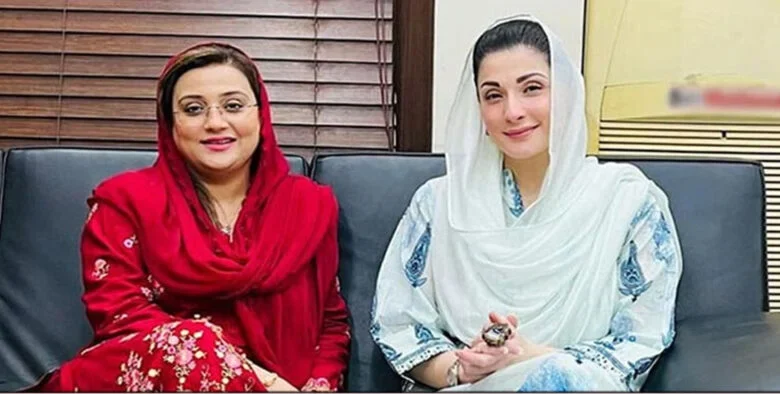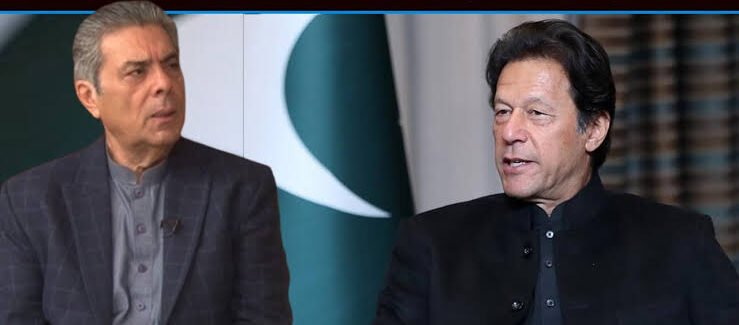
PESHAWAR – Newly appointed Khyber Pakhtunkhwa Chief Minister Sohail Afridi, who replaced Ali Amin Gandapur, is reportedly under mounting pressure from Pakistan Tehreek-e-Insaf (PTI) leadership to launch a decisive protest march toward Islamabad for the release of imprisoned party founder Imran Khan.
According to party insiders, Imran Khan had agreed to Afridi’s appointment as Chief Minister on the condition that he would immediately initiate a protest movement demanding Khan’s release. Sources claim this is the primary reason the government has refused to permit Afridi to meet Imran Khan in Adiala Jail despite court orders. Yet, Afridi appears undeterred and seems determined to pursue a confrontational political path.
PTI’s Protest Strategy and Internal Challenges
Since the change of government in Khyber Pakhtunkhwa, speculation has been rife about a large-scale PTI protest. Senior leadership is said to be discussing ways to make the movement broader and more effective by involving students, labourers, and youth, rather than restricting participation to party workers. Several organisational committees have reportedly been activated to expand the protest from the provincial to the national level.
However, analysts note that the groundwork for such protests exists only in Khyber Pakhtunkhwa, while in other provinces, PTI activity is largely limited to press conferences, social media campaigns, and statements. In Punjab and Sindh, party structures have largely collapsed, and many leaders remain in hiding due to fear of arrest — leaving no visible signs of mobilisation outside KP.
Afridi Emerges as PTI’s Face of Resistance
Political observers believe Sohail Afridi has now become the practical face of PTI’s protest politics. Over the past week, he has addressed multiple public gatherings, launching sharp verbal attacks not only on the federal government but also on the military establishment. Analysts say his political agenda revolves entirely around securing Imran Khan’s release and fuelling public sentiment against Islamabad.
Afridi’s speeches have centred on alleged injustices against Khyber Pakhtunkhwa, a tactic aimed at generating provincial sympathy, while his anti-establishment rhetoric appeals to PTI’s hardline and emotionally charged base. Analysts believe that if PTI proceeds with its protest movement, KP will once again become the epicentre of confrontation, directly targeting Islamabad’s political leadership.
Internal Divisions and Risks for PTI
According to party insiders, Afridi’s aggressive posture is driven by his desire to retain Imran Khan’s trust, even at the cost of governance. His political focus has shifted from provincial administration to demonstrating personal loyalty to Khan. His cabinet largely comprises first-time lawmakers — nearly 30 — known more for emotional slogans than for policymaking experience.
In contrast, senior leaders such as Barrister Gohar Ali Khan, Salman Akram Raja, and Asad Qaiser are pushing for a peaceful, constitutional form of protest. Yet, analysts believe this narrative no longer resonates with PTI’s charged cadre, weakening the grip of the central leadership. Most party workers now look either to Adiala Jail or to Chief Minister Sohail Afridi for direction.
Outlook: A Risky Gamble
Political experts caution that Afridi’s confrontational strategy may backfire. They argue that PTI’s previous protest movements have already lost momentum, and repeating the same aggressive tactics could prove disastrous. “If PTI once again chooses confrontation over strategy,” one analyst remarked, “the ultimate casualty will be not the federal government, but Sohail Afridi’s own government in Khyber Pakhtunkhwa.”








